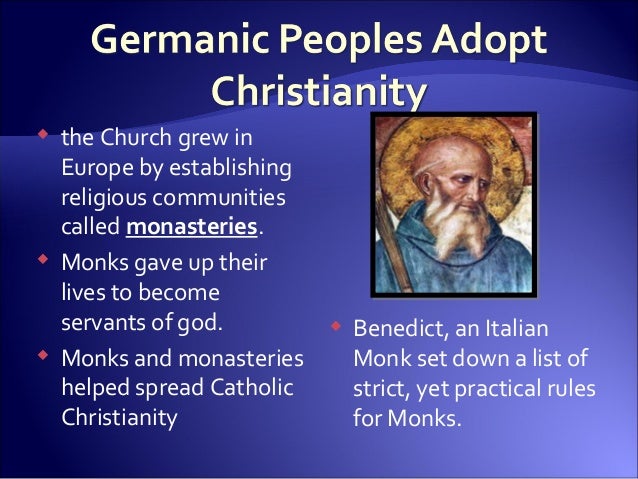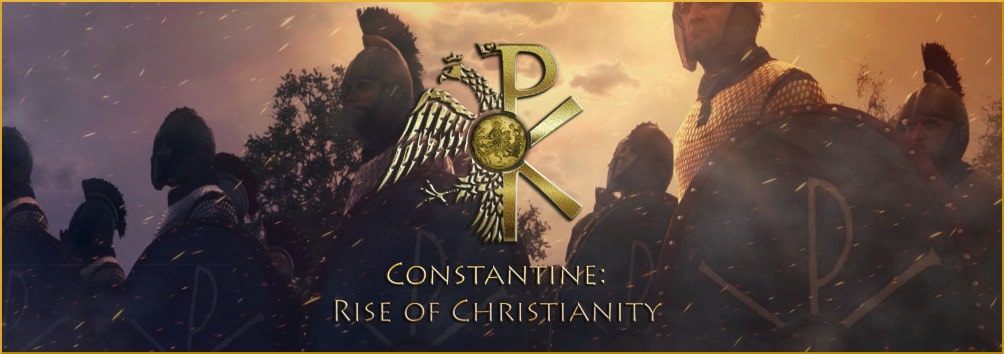
 Introduction to Theological Latin, Part II $349.00 – $499.00. Introduction to Koine Greek, Part I $349.00 – $499.00. Intermediate Latin Readings II $349.00 – $499.00. Discovering Narnia: Religion and Imagination in C.S. Natural Theology: A Biblical and Historical Introduction and Defense $11.95.
Introduction to Theological Latin, Part II $349.00 – $499.00. Introduction to Koine Greek, Part I $349.00 – $499.00. Intermediate Latin Readings II $349.00 – $499.00. Discovering Narnia: Religion and Imagination in C.S. Natural Theology: A Biblical and Historical Introduction and Defense $11.95.  Education and the Kingdom of God: Convivium Irenicum 2021 Write-Up. Davenant Staff Summer Reading List 2021. The Uniqueness of Luke-Acts (Davenant Hall Course Preview). Approaches to Defending the Faith (Davenant Hall Course Preview). Natural Law and Sciptural Authority (Davenant Hall Course Preview). Gleanings from Pre-Reformation Spirituality (Davenant Hall Course Preview). Christianity Before Constantine (Davenant Hall Course Preview). He lives in Thunder Bay, Ontario, with his wife and children where he is Coordinator of Liturgy and Education at The Urban Abbey ( and blogs semi-regularly at. His expertise is in the field of ancient Christianity (Patristics) with a focus on Leo the Great, Christology, and canon law in the fifth century, and he has a background in Classics and research that extends across the Middle Ages. in the History of Christianity from the University of Edinburgh in 2015. The first hour will consist of a lecture covering the history of the church as it moves towards Constantine, and the second hour will be a discussion of an ancient text read in preparation for the class.ĭr. This course will have a weekly two-hour session.
Education and the Kingdom of God: Convivium Irenicum 2021 Write-Up. Davenant Staff Summer Reading List 2021. The Uniqueness of Luke-Acts (Davenant Hall Course Preview). Approaches to Defending the Faith (Davenant Hall Course Preview). Natural Law and Sciptural Authority (Davenant Hall Course Preview). Gleanings from Pre-Reformation Spirituality (Davenant Hall Course Preview). Christianity Before Constantine (Davenant Hall Course Preview). He lives in Thunder Bay, Ontario, with his wife and children where he is Coordinator of Liturgy and Education at The Urban Abbey ( and blogs semi-regularly at. His expertise is in the field of ancient Christianity (Patristics) with a focus on Leo the Great, Christology, and canon law in the fifth century, and he has a background in Classics and research that extends across the Middle Ages. in the History of Christianity from the University of Edinburgh in 2015. The first hour will consist of a lecture covering the history of the church as it moves towards Constantine, and the second hour will be a discussion of an ancient text read in preparation for the class.ĭr. This course will have a weekly two-hour session. 
Students will also be given the opportunity to grapple first-hand with some of the early church’s great thinkers, such as the Apostolic Fathers, Justin Martyr, Irenaeus of Lyons, Tertullian, Clement of Alexandria, Origen, and Cyprian of Carthage, besides the liturgical and legislative texts that ordered the lives of ancient believers. In this course, students will consider the historical journey of the faith from the post-apostolic age to c.300AD. Besides that, the era before Constantine’s conversion in 312AD is crucial for the rest of the history of Christianity-in these years we see the rise of the episcopacy, liturgical worship, prayer practices and other spiritual disciplines, the canon of Scripture, Christian patterns of exegesis, the identity-forming experience of persecution, and a rich Trinitarian theological heritage that awaits the fourth century for clarified means of articulation. These centuries are not unlike the world we live in today, with a pluralist world beyond the church and the rise of old heresies again within. The first three centuries of Christianity laid the earliest layers of the tradition of the faith. This Church History course will be taught by Dr.







 0 kommentar(er)
0 kommentar(er)
